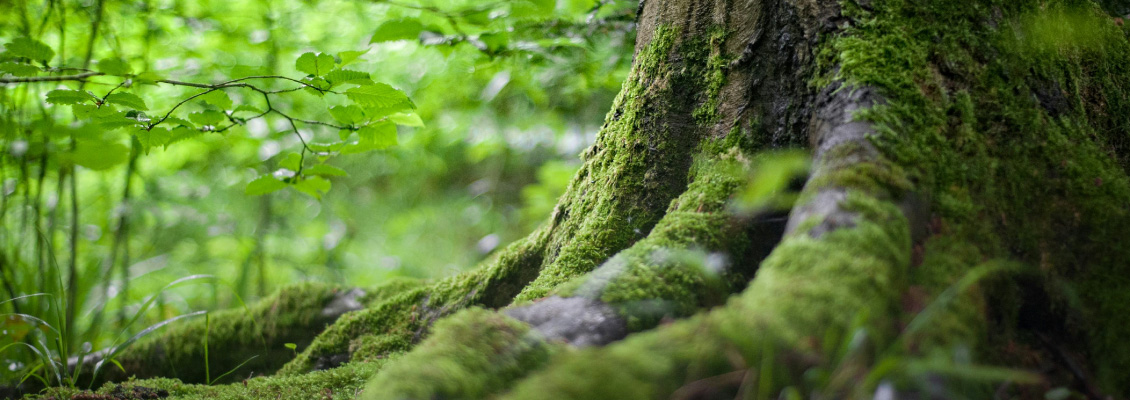June 21st is National Indigenous Peoples Day, as established in 1996 by the Governor General of Canada, as a time to commemorate and celebrate the long-standing traditions, cultures, and history of the various Indigenous nations that continue to live across the country. As we strive to do each day, we take redoubled effort to recall the millennia-old relationship between Indigenous peoples and the lands and waters we live and work upon today which have been stewarded by the lək̓ ʷəŋən peoples, including the Songhees and Xwsepsum Nations, and the W̱ SÁNEĆ peoples since time immemorial. We work to ensure that the dignity, rights, laws, and culture of all Indigenous peoples, and especially those of the local nations, are not only upheld but celebrated.
This day falls on the summer solstice, the longest period of sunlight in the year. This day has long held tremendous cultural significance to many Indigenous nations as a time for celebrating heritage and community. The diversity and variety of identity, tradition, and way of life across the Indigenous peoples of Canada make it impossible and inappropriate to paint with a single brush, to say with any universal certainty what this day means to the populations that first called this land home. We can say, however, that this is a day of great meaning and importance to many of these peoples as a time to remember and find joy in the history, traditions, language, and intergenerational knowledge which defines their way of life.
Delving into a topic such as this, it is important that we do not ignore the fact that this history is one marked and scarred by colonization and cultural oppression, and which carries a burden of loss and hardship to this day. Most recently, the legacy of Indigenous traditions has been considerably wounded by the residential and day “school” system of Canada, a government-created system which sought to eradicate Indigenous peoples, languages, and culture through forced assimilation, violence, and dispossession. The genocide of Indigenous peoples at the hands of the federal government through the residential and day “school” system resulted in the deaths of thousands of Indigenous children. The effects of these “schools”, the last of which closed only in 1997, is felt just as painfully today.
The persistence of Indigenous culture today, though institutionally diminished, proves a spirit of resilience and perseverance, and nations across Canada continue to celebrate, perhaps most prominently today, their way of life. This is also a time to consider how we can advance the cause of reconciliation and decolonization, to contribute to a more just and free country for all of its citizens. It is necessary for those of us who practice traditions with more historical acceptance under colonial societies to recognize the privilege and comfort of living without such oppression, and to work alongside Indigenous peoples to promote equal freedoms for all. The UVSS will continue the work of ensuring the voice of Indigenous students are heard, and to resist discrimination and oppression on campus.
More than anything, today is a day for joy and pride, for the rightful exercise of the freedom to live in the ways most true and meaningful to us, for the Indigenous peoples of this land to celebrate their history and look forward to the future. For as many generations as have held close these values commemorated today, we know that many generations on will too, that future generations will carry the sacred torch and pay tribute to their history as their ancestors have for thousands of years. For as much as these ways of life have been wounded, today, they stand strong.
If you are looking to get involved with the celebrations or are seeking supports, please refer to the resources section at the end of this statement.
In Solidarity,
The UVSS Board of Directors
Resources
Though today is in many ways a celebration of Indigenous resurgence, all feelings are valid. Remember to walk gently and take care of your body, mind, spirit, and heart however you need to. Please seek support, if needed, from the Indigenous counsellors at the UVic Student Wellness Centre by calling 250-721-8563, emailing the Indigenous Student Support Coordinators at IACE (iaceiss@uvic.ca) and OSL (oslisscreferrals@uvic.ca), emailing the Native Students Union Advocacy Councillor (advocacycouncillor@uvicnsu.ca), or calling the 24/7 Kuu-Us Crisis Line crisis line (1-800-588-8717).
